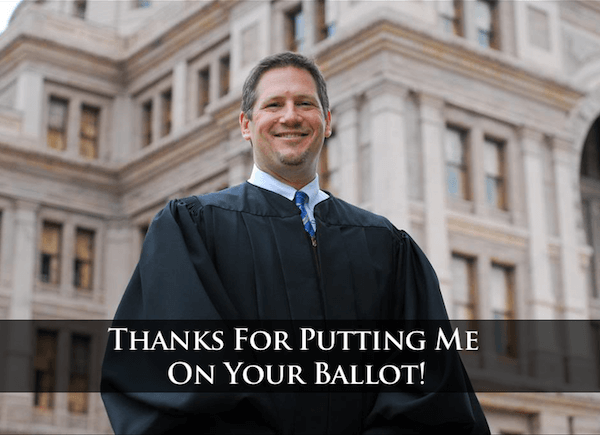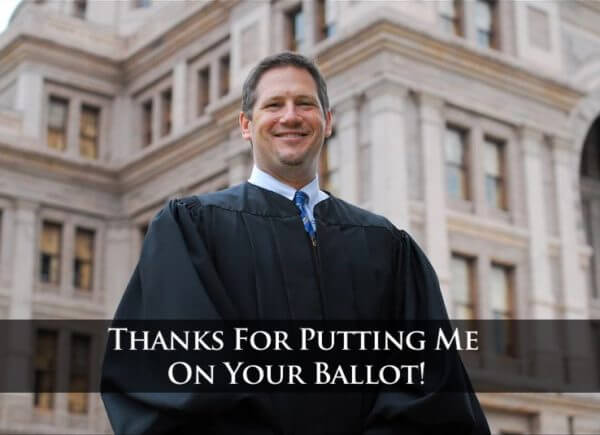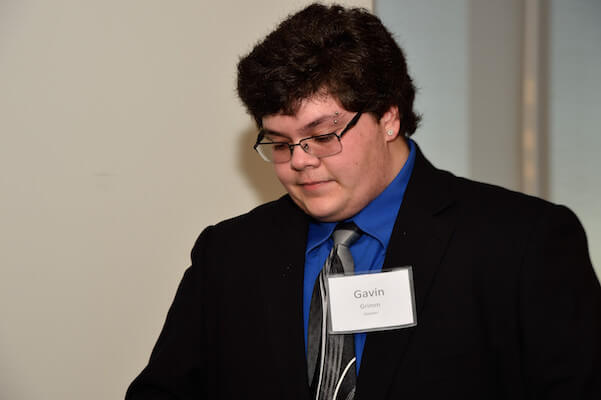Though much of the news media has rightly taken note of Donald Trump’s ability to surge to the top of the Republican presidential field without filling in more than a bumper sticker’s worth of detail about his many far-flung policy pronouncements, there is a grudging — though, to me, disturbing — respect growing among at least some pundits for what they believe he is doing right in this campaign.
According to these albeit reluctant admirers, Trump has an instinctive understanding of the frustrations felt by many Americans and is able to connect to that mood in a visceral way that is turning out huge campaign crowds and voters who follow through at the polls. In its most fanciful extension, this theory holds that Trump’s success serves as indictment of Washington, our nation’s leadership, and politics as usual.
The whole thesis might have at least some plausibility if Trump were not getting his most vociferous embraces at precisely those moments when he is punching down rather than taking on that most amorphous of political targets, the “establishment.”
Recall that when Trump entered the race last June — to be sure, as a household name from his days “firing” people on NBC, but hardly a clear favorite in the race — he ranted about Mexican “rapists” making a mockery of our borders and our criminal justice system. Not only was he going to get tough on these lowlifes, but he was going to make their home country foot the bill for the wall he promised to build, as well.
In early December, Trump upped the ante on his bigotry bet when he called for a “temporary” halt — until we “figure out what’s going on” — to entry into the US by Muslims. Such a categorical and arbitrary step, of course, is the very definition of invidious discrimination. It would also play havoc with our relationship with Islamic-majority nations across the globe and poison the climate for winning over hearts and minds on the “Arab Street.”
But, it’s important to recall the context in which Trump’s call for the entry ban came up in the first place to realize just how far down he was punching. The proximate news event that motivated his statement was the flood of Syrian refugees pouring into Turkey and from there into Western Europe. There were very few profiles in courage coming out of his party when the refugee crisis mushroomed — and some Democrats proved themselves craven, as well — but it took a particularly ugly demagoguery to fashion the Trumpian response to a staggering humanitarian crisis.
Sprinkled in amidst the GOP frontrunner’s inflammatory racism came periodic outbursts of misogyny as well — going after women whom he alternately described as fat (Rosie O’Donnell), unfair of face (Carly Fiorina), menstruating (Megyn Kelly), or simply having to go to the bathroom during a debate television break (Hillary Clinton; “It’s disgusting, I don’t want to talk about it,” he said).
Trump appears to draw political benefits from his bellicose rhetoric on immigration. In South Carolina, where he won by 10 points over his nearest competitor, Florida’s Marco Rubio, his margin was nearly 20 points — over Texas’ Ted Cruz — among those who support a temporary ban on Muslim entry into the US. Among those who favor deporting all undocumented immigrants, Trump’s margin — again, over Cruz — was 23 points.
Lest we think that the bigotry Trump enables merely extends to non-American citizens, we should consider some of the other attitudes held by the group of voters he is bringing together. According to a Public Policy Polling survey of South Carolina Republicans, while 80 percent of his supporters said Muslims should be barred entry into the US, 62 percent even supported a national database tracking Muslim Americans and 40 percent favored shutting down all mosques. A third thought Islam should be illegal.
And while they’re at it on securing the borders, 31 percent of Trump supporters endorsed keeping gays and lesbians out of the country, as well. And 70 percent of Trump voters said the Confederate flag should still be flying over the South Carolina capitol.
To be fair, none of these five policies — as opposed to the entry ban — are anything that Trump has even hinted at. That’s not the point. Instead, the issue is the climate of intolerance that Trump is irresponsibly stoking. And his troubling unwillingness, at critical moments, to disavow the support of extremists like David Duke. Who is willing to say with certainty where all this ends?
And for a candidate who first came to the nation’s attention politically with his absurd birther claims about President Barack Obama several years back, is it any surprise that on the night that Supreme Court Justice Antonin Scalia died, Trump urged this strategy for responding to any replacement nominee on the US Senate: “Delay, delay, delay”?
Writing about African-American attitudes toward the Senate GOP’s intransigence on considering a nominee from the president, the New York Times quoted one black man noting that blacks were once counted as three-fifths of a person in tallying up congressional representation and now Obama is being denied the final quarter of his term as president. Opposing a judicial nomination from Obama doesn’t make someone a racist, but when politics is played purely as a game of defining and demonizing the “other,” poisonous racial division is the inevitable and tragic consequence for the nation.


































